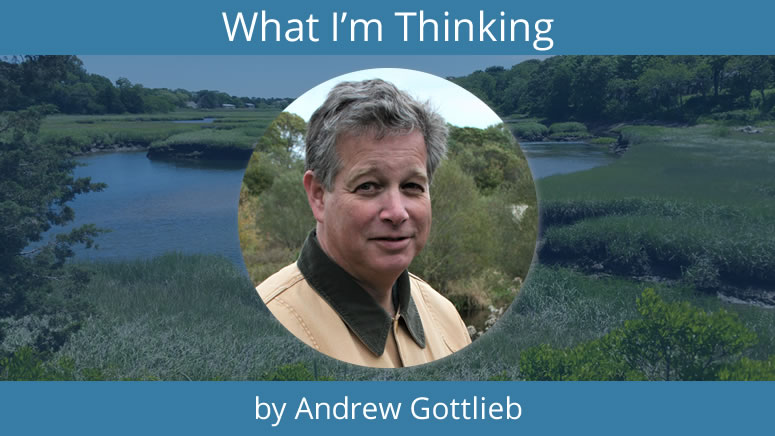If you listen to the news at all, the message has been impossible to ignore: The summer heat has arrived on the eastern seaboard. But as is often the case with the “if it bleeds, it leads” approach to news these days, the headline misses the point. Sure, it’s going to be really hot, but it didn’t just get that way this week. Nor is this just a little blip.
As reported in the New York Times, we are on a run of 12 consecutive months in which the average global temperatures have been the highest on record for that month. Once the data for May has been processed, it appears likely that the run will extend to 13. I’d lay money that June will make it 14. The point here is that global temperatures are on the rise with no end in sight.
Realistically, we have no reason to expect temperature increases to moderate until and unless the human contributions of greenhouse gasses to the atmosphere are reduced or otherwise mitigated. The economics and lifestyle changes needed to turn to a fuller embrace of alternative energy have improved but have not quite reached the point where mainstream adoption has become the norm beyond the first movers. Despite early optimism, progress on building a low carbon economy has been slower than hoped for or needed. That said, the change is coming, but while it does, the hole we will need to dig out from will get deeper.
This is all worth keeping in mind as we individually and collectively consider our response to alternative energy projects, especially offshore wind. The reality of alternative energy projects is that they can be local. The Northeast no longer has the luxury of being high and mighty about the need to address the climate without also being willing to bear some of the impacts that come with utility-scale power generation. Even clean power generation has impacts. Something has to give; we can be part of the solution or deal with the deadly consequences of remaining on the trajectory we are on.
This is the perspective APCC will apply as we assess the impacts of proposed alternative energy projects, and we encourage you to think about these issues as your develop your own opinions.


